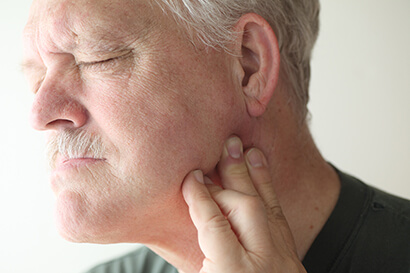Recent research has shown that chewing gum can be good for your oral health and overall well-being. Improvement in memory, focus, alertness, concentration, stress management, weight management, oral health, and more can be achieved by simply chewing sugar-free gum. However, the surprising results have demonstrated no standard benefits for all gum chewers. Everyone will respond differently.
Chewing Gum for Improved Memory
Tests have shown that people who chewed gum throughout the testing produced superior scores to those participants who did not. Chewing gum appeared to improve memory and cognitive skills.
The act of chewing continuously improves memory by stimulating activity in the portion of the brain (hippocampus) that manages memory. Some studies have discovered that insulin receptors located in the hippocampus may play a role in memory processes. Chewing gum raises glucose levels, the fuel for the body and mind. It can also increase the flow of blood to the brain. More blood means a higher heart rate and improved oxygen delivery up to the brain, which may enhance cognitive abilities.
Reduce Stress and Chew Bubble Gum
We have all grown up being told not to chew gum in the classroom, but due to new discoveries, the tide is turning. Instead of making students take the gum out of their mouths and stick it on their noses, teachers are encouraging gum chewing during tests. The modern belief is that chewing gum helps boost concentration and alertness, helps reduce tension, and, the rhythmic motion releases nervous tension and frustration.
Chew Sugar-free Gum to Maintain Your Weight
Some studies have proven that adults who chewed sugar-free gum or bubble gum ingested fewer calories than those who didn’t chew gum. It was found that both sugared and sugarless gum helped participants to eat less, but sugar-free gum has fewer calories and does not promote tooth decay.The act of chewing helps to reduce cravings for high-calorie snack foods. Chewing gum for about an hour will burn 11 calories.
Chewing GumGets the Digestive Juices Flowing
Chewing gum increases saliva flow which naturally promotes more swallowing. It also improves intestinal motility and prevents acid reflux from backing up into the throat.
Chewing Gum is Good for Your Oral Health
Finally, gum chewing is good for your teeth and overall oral health, because it stimulates saliva production. Saliva is the most important protector of your whole oral cavity.
Saliva balances a harmful, bacteria-riddled environment with powerful anti-bacterial and mineral components. Stimulated saliva also helps flush away food particles, debris, sugars and other acids that lead to decay.
There are numerous dental benefits to chewing sugar-free gum:
- Doesn’t cause tooth decay
- Re-mineralizes tooth enamel
- Antimicrobial effect
- Reduces sugary snack cravings
- Freshens breath
- Whitens teeth
- Reduces and prevents staining
- Reduces plaque
Want to improve your mental, physical, and oral health? Simply chew a piece of sugar-free gum!














